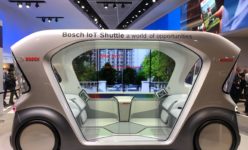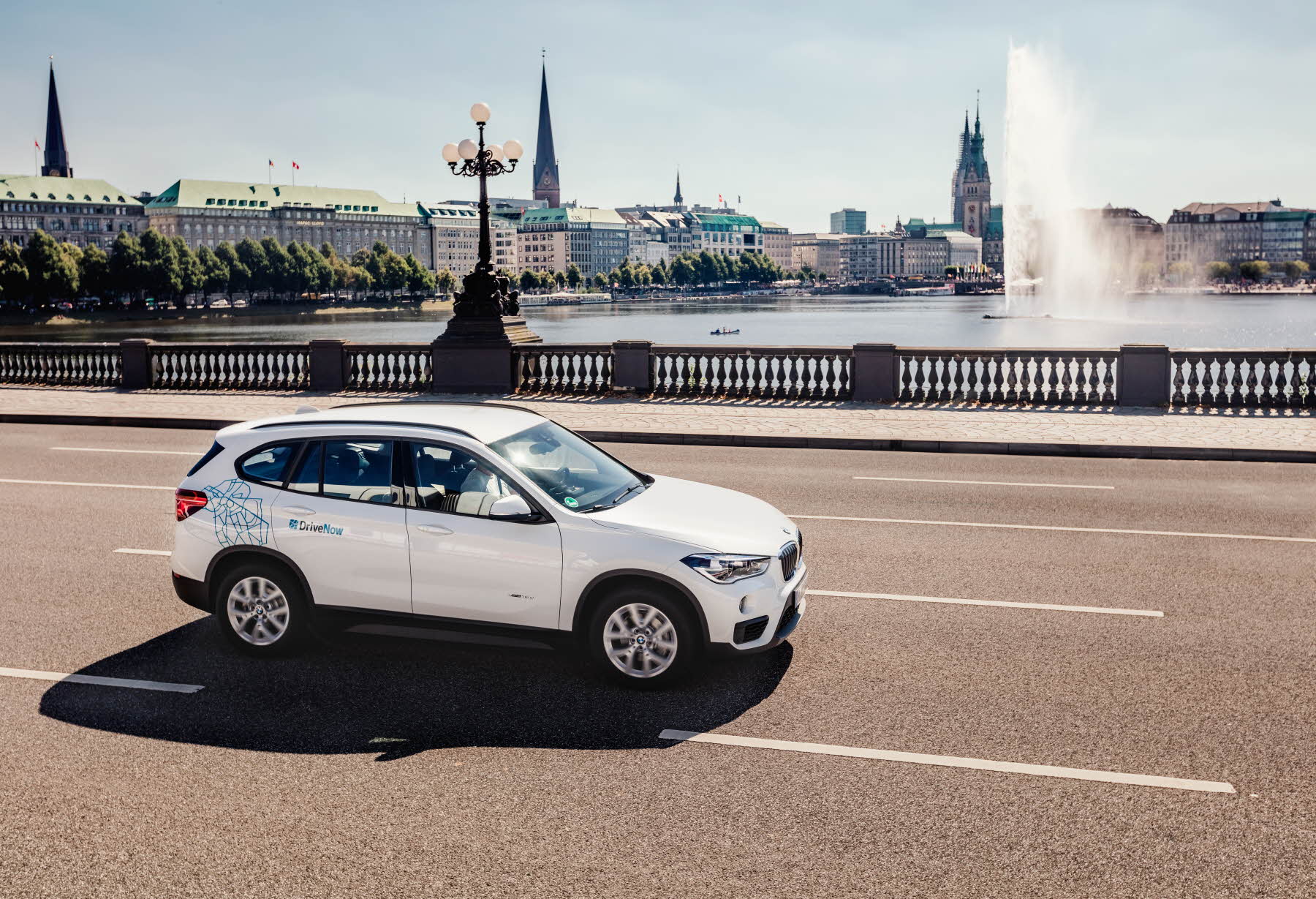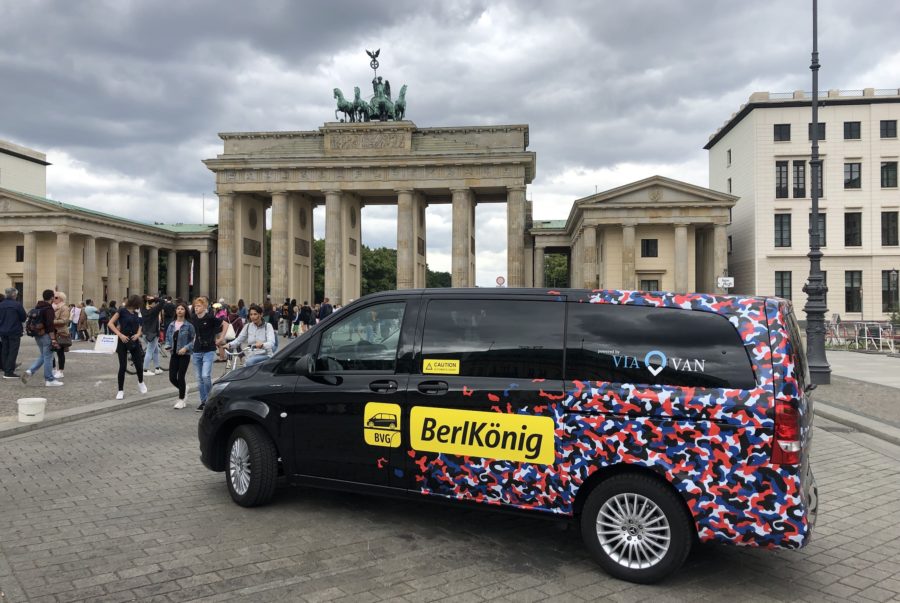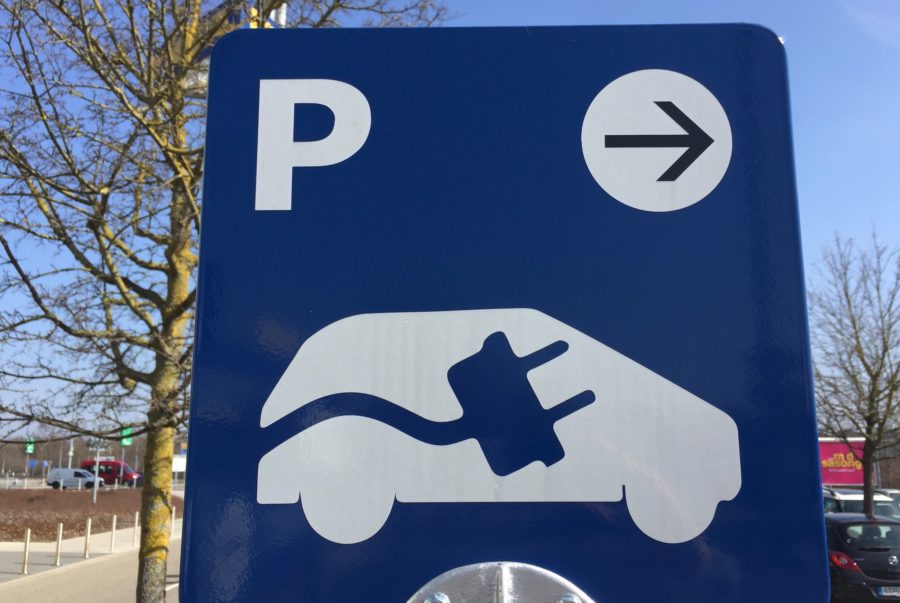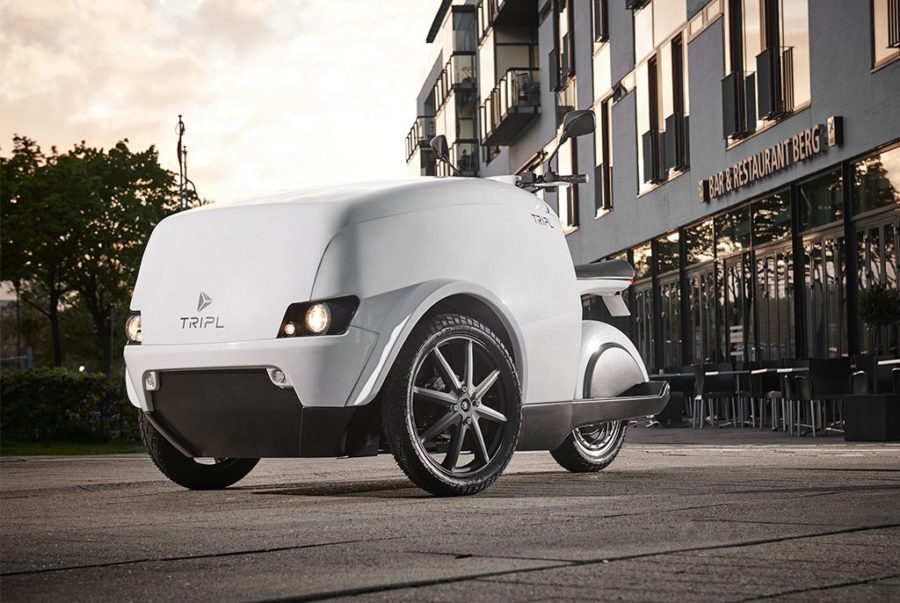The burdens in the cities are increasing. This has resulted in an increasing proportion of the population, increasing environmental pollution and the associated decline in the quality of life, especially in large cities. The centres are feverishly looking for mobility solutions. A promising strategy is the expansion of car sharing networks in major cities. We took a closer look at the situation in Hamburg, because Hamburg is considered the pearl of the German car sharing landscape.
According to car2go, the city of Hamburg is regarded as a pioneer in this form of cooperation. Already in May 2017, the Hanseatic city concluded a memorandum of understanding with Daimler AG, the parent company of car2go. The latest merger with the BMW subsidiary DriveNow opens up new possibilities when sharing services are used together in Hamburg. Hamburg is one of the few centres in which the two car sharing providers appeared individually before the merger.
Mobility services are generally becoming increasingly important for OEMs. It is less and less about the pure sale of vehicles, but about an offer of services around the car or commercial vehicle. By combining their car sharing services, BMW and Daimler want to secure market shares against competitors from the USA or China such as the transport service provider Uber or Didi Chuxing.
It is already clear today that more people in cities will want to do without their own cars in the future, but do not want to restrict their mobility.
Both providers have been active with and in the city of Hamburg for a long time: the cooperation in setting up the electric charging infrastructure in the Hanseatic city while simultaneously building up the electric car sharing fleet in the city. It is interesting to note that a similar cooperation agreement was also signed in May 2017 with the BMW Group and its car sharing provider DriveNow. Hamburg put its money where its mouth is with both suppliers at the same time and is now benefiting from double its performance after their merger.
What does the agreement say in concrete terms? The Free and Hanseatic City of Hamburg assures that a total of 1,000 publicly accessible charging points for electric vehicles and 150 charging points at switchh points will be made available exclusively for car sharing vehicles in the city by 2019. It will also be the first city in Germany to offer significant parking space for car sharing and electric vehicles.
Daimler has agreed to gradually electrify the smart vehicles in the car sharing fleet of car2go in Hamburg by the end of 2019. This currently corresponds to 400 vehicles and will be increased accordingly as the fleet grows. In addition, the integration of the car sharing offers into the urban mobility platform switchh will be expanded in order to be able to offer the use of the Hamburg transport network as well as car and bike sharing from a single source in the future. At switchh, in addition to the two major providers, the small cars and vans from Cambio-Carsharing are also available, as well as more than 2500 bicycles for hire. These are spread over 200 locations throughout the city.
DriveNow offers 560 BMW and MINI vehicles in addition to the car2go vehicles at the hotspots of the Hanseatic city. A total of eleven different models are available. Among them, Bavaria has firmly established electric cars in the form of the BMW i3 and BMW i3s.
The business area in Hamburg plus airport
DriveNow Carsharing Hamburg’s business area extends from the Outer Alster in the north to the Elbe River in the south and from Altona in the west to Wandsbeker Markt in the east. In addition, there is the possibility for trips to and from Hamburg Airport, as for example in Munich. In addition to the standard price per minute, an airport service fee of 5 euros is charged. The area at car2go has a similar structure. Together, the two suppliers have around 1000 vehicles with an increasing share of electric cars.
The cooperation between the two providers and the Hanseatic City is in keeping with the new openness of the mobility scene. Finally, the greatest added value is provided by the findings on daily mobility flows in conurbations. And here an important consulting function for the introduction of electromobility in cities comes from the sharing providers. No company has more up-to-date information from the operation of pure electric fleets in several cities. This makes it possible to accurately identify so-called white spots in the infrastructure and use complex simulations to predict the future demand for individual charging points precisely to the meter.
More articles from the category “Urban Concepts”:
“DriveNow and car2go together offer about 1000 vehicles in Hamburg.”
In Stuttgart, the store network with 380 charging points is one of the densest in Germany; in Amsterdam with over 1,000 charging points even worldwide. In Madrid, car2go has set up a unique hub system with its own quick-charging stations to make electric cars – despite a poorly developed charging infrastructure – as available as possible. Hamburg will also benefit from this experience in setting up further charging infrastructure. This is how smart mobility is being built today.
Post a Comment
You must be logged in to post a comment.


